FAQS
Below you can find answers to some of the FAQ people often ask about the treatments we provide. If you can’t find the answers or information you’re looking for on this page, please contact us.
The average waiting time for an appointment varies from a day up to a week, but due to Dr Carl Todd’s range of commitments, waiting time for an appointment with him may be up to a month. In an emergency, one of our practitioners will always endeavour to see you the same day.
Yes. In some cases our practitioners may feel that further intervention may be required by an orthopaedic consultant, or possibly some form of diagnostic imaging, like an X-ray or MRI scan. We can refer you either directly to the appropriate specialist, or through your GP. Below are some of the consultants we work closely with:
Mr Gavin Jennings www.shoulderspecialists.co.uk
Mr Mike Rigby www.circlehealth.co.uk/consultants/mike-rigby
Mr Sunny Deo www.sunnydeo.co.uk
Yes. Since our treatment improves the mechanics of joints, muscles and ligaments, many sports people who visit us notice a significant improvement in their performance. If you become injured, we can help to speed up your recovery time using various techniques such as ultrasound, electrotherapy, soft tissue massage and medical acupuncture. After we’ve corrected your injury, we can design a rehabilitation programme to reduce the risk of the injury reoccurring.
As primary healthcare professionals our osteopaths and physiotherapists, in addition to their clinical skills, have been trained to undertake detailed medical histories and a comprehensive range of clinical examinations in an effort to diagnose the cause of your symptoms. It is due to this extensive training that they are able to determine if you may need to be referred on for further tests to determine an accurate diagnosis, or if your condition may require the intervention of another health professional.


